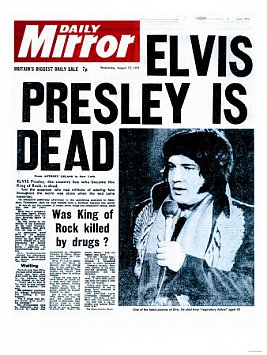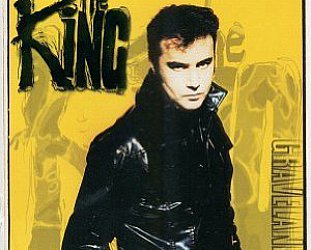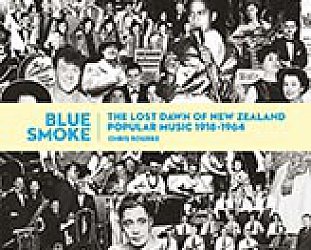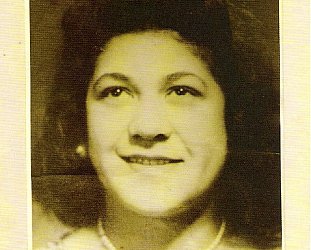Graham Reid | | 2 min read

With the second volume of Peter
Guralnick’s definitive two-part biography of Elvis, Careless Love:
The Unmaking of Elvis Presley there would seem little reason to be
interested in this more modest paperback subtitled with blunt
literalism The Life and Death of Elvis Presley.
However, Brown and Broeske have done
their homework and cite numerous personal interviews with major
protagonists including the notoriously unforthcoming Sun Studios head
Sam Phillips, who first recorded the man who would be King, manager
Colonel Tom Parker and Presley’s last girlfriend, Ginger Alden, who
found his bloated body face down in the toilet that afternoon in
August 1977.
Over the decades there have been plenty
of scurrilous books and articles about Presley (in their instructive
introduction the authors cite a Presley family member alleging Elvis
had a sexual relationship with his mother) but this book cautiously
charts a course between sensationalism and genuflection while not
shying away from obvious truths, notably that Presley was as sexually
active as his detractors would have it.
He was hardly the chaste mamma’s boy
some loyalists would have you believe.
The chapters about the pivotal period
of his stint in the Army in Germany make fascinating reading. While
Presley maintained the image of being one of the boys (he was a
diligent serviceman, an accomplished map reader and prepared to tough
it out with the rest of the troops), he spent only the first five
days of his two-year induction in barracks.
After that it was into a hotel suite
and then a house, in which Elvis - and his ever-present entourage -
could party up large. He entertained a constant stream of willing
women in his room overnight, “some as young as 13 or l4".
It was also in the Army that Presley
developed a taste for the prescription drugs which would control his
life. Amphetamines allowed him to work the day job of being a soldier
and heightened his sexual stamina.
As the authors faithfully but
unsensationally recount, it was all downhill from there: back to the
States and into dire movies, marriage, the occasional flicker of
genius, the overeating and chemical intake, divorce, isolation and
decline.
For those who can’t be bothered
ploughing through the massive Guralnick this is a fair, sometimes
uncomfortable but sympathetically written primer -- and a peek into
the sad, remote private life of the man who had it all but was
allowed to squander his particular genius by those around hm for whom
the words, "No Elvis" simply weren't in their vocabulary.







post a comment